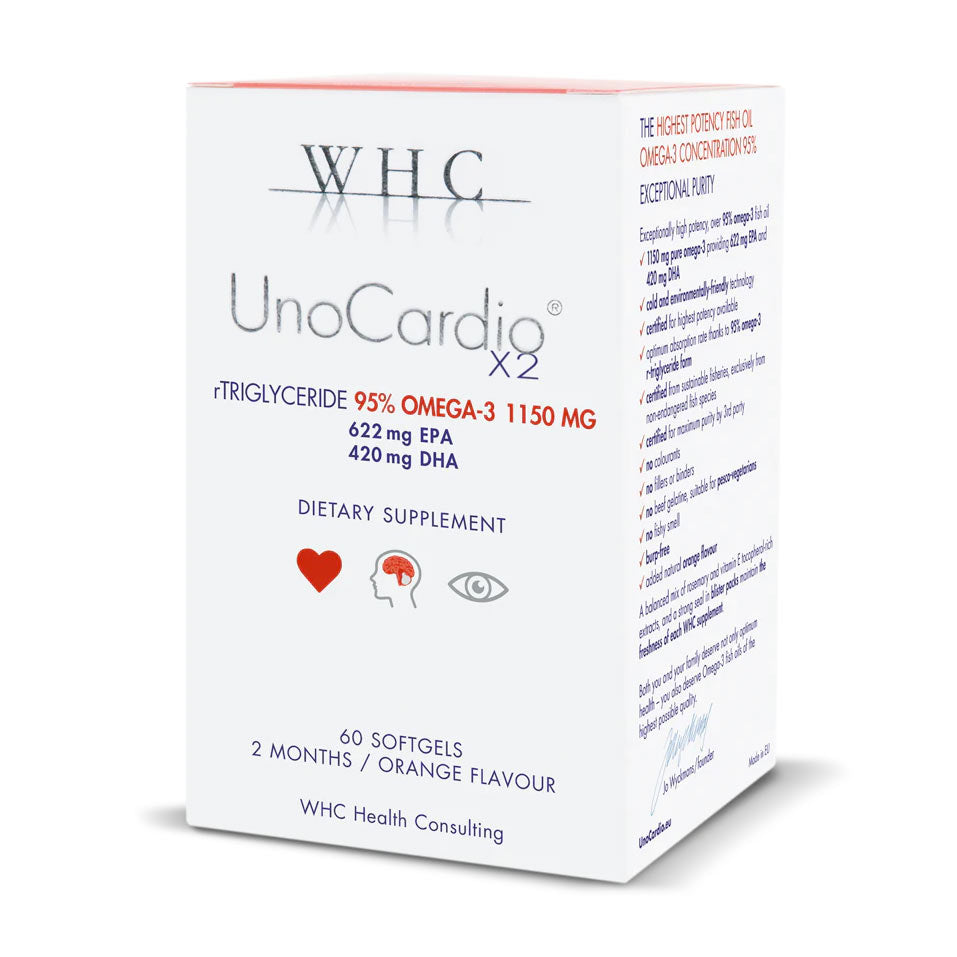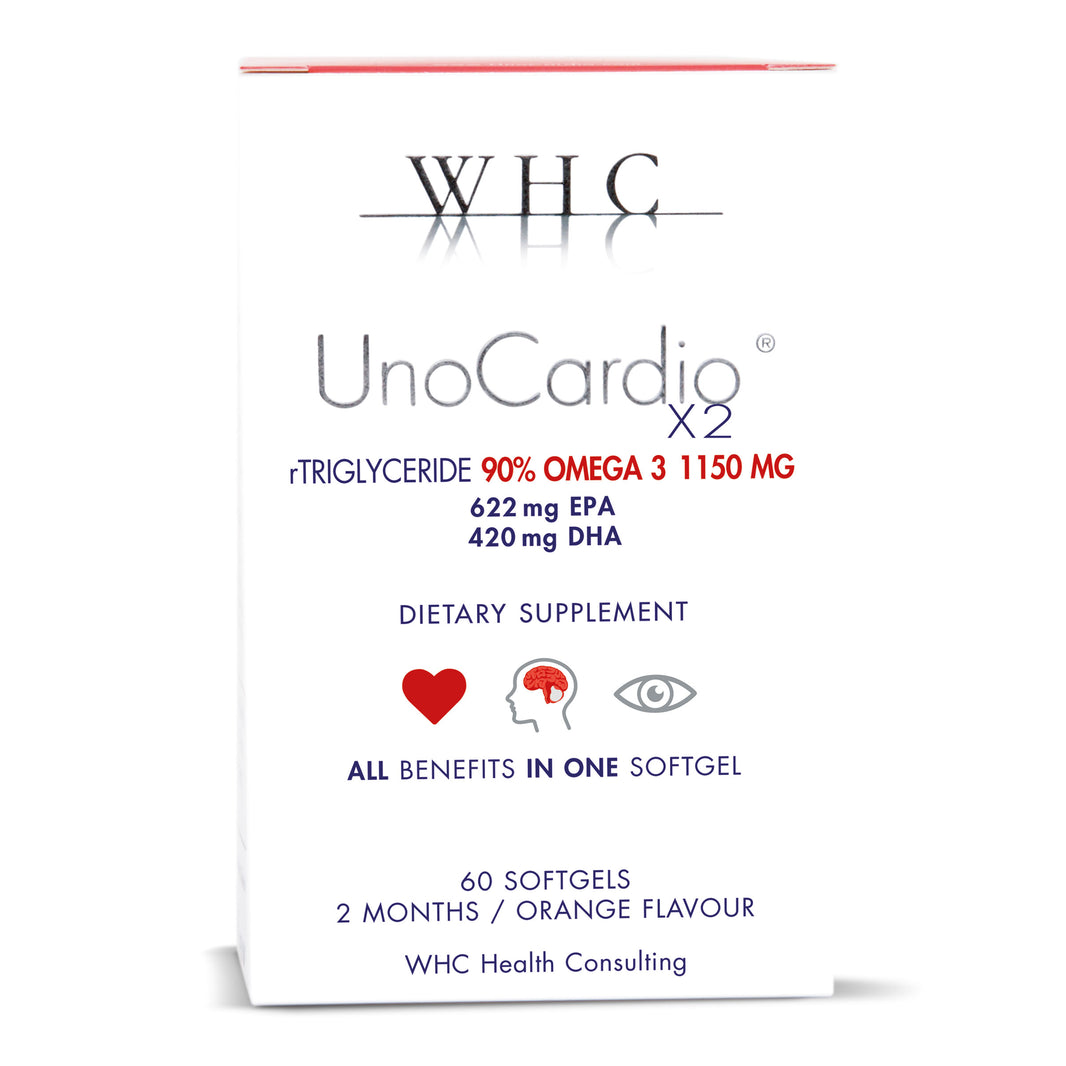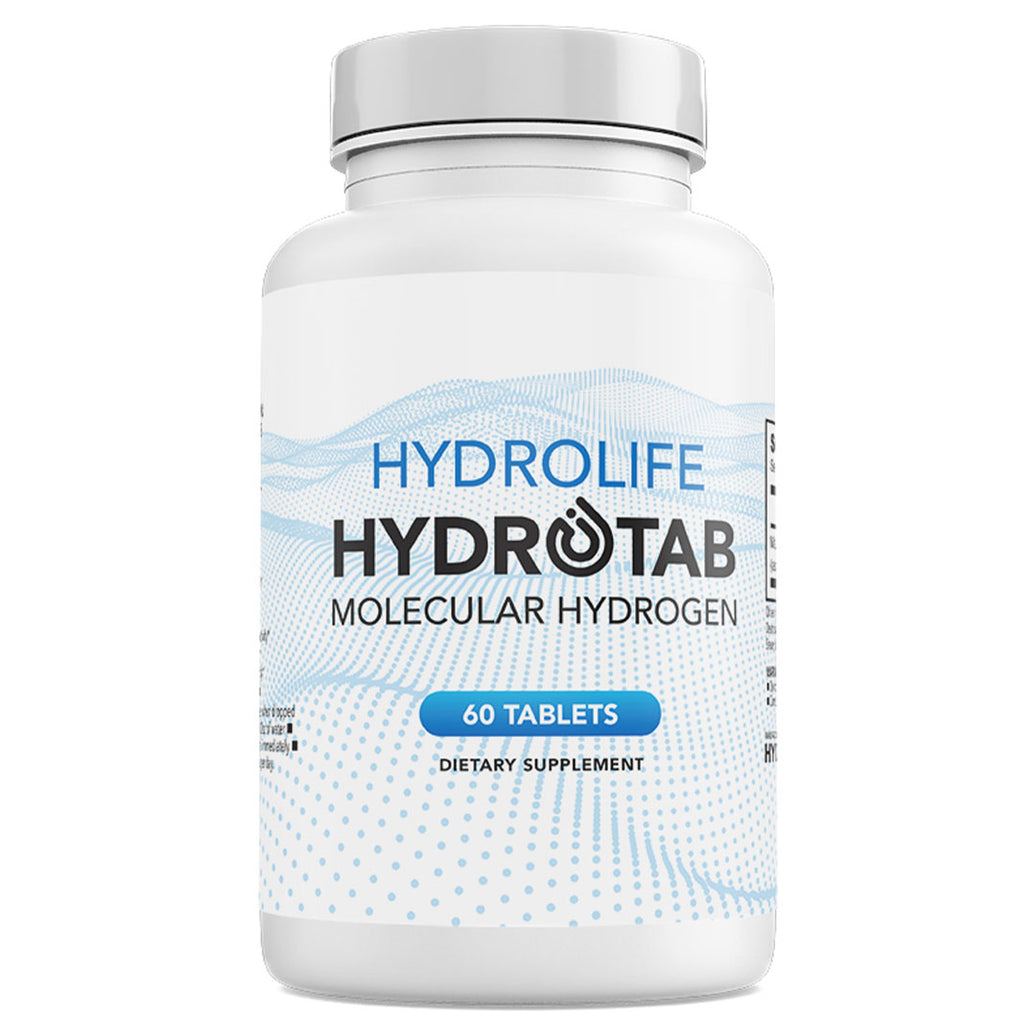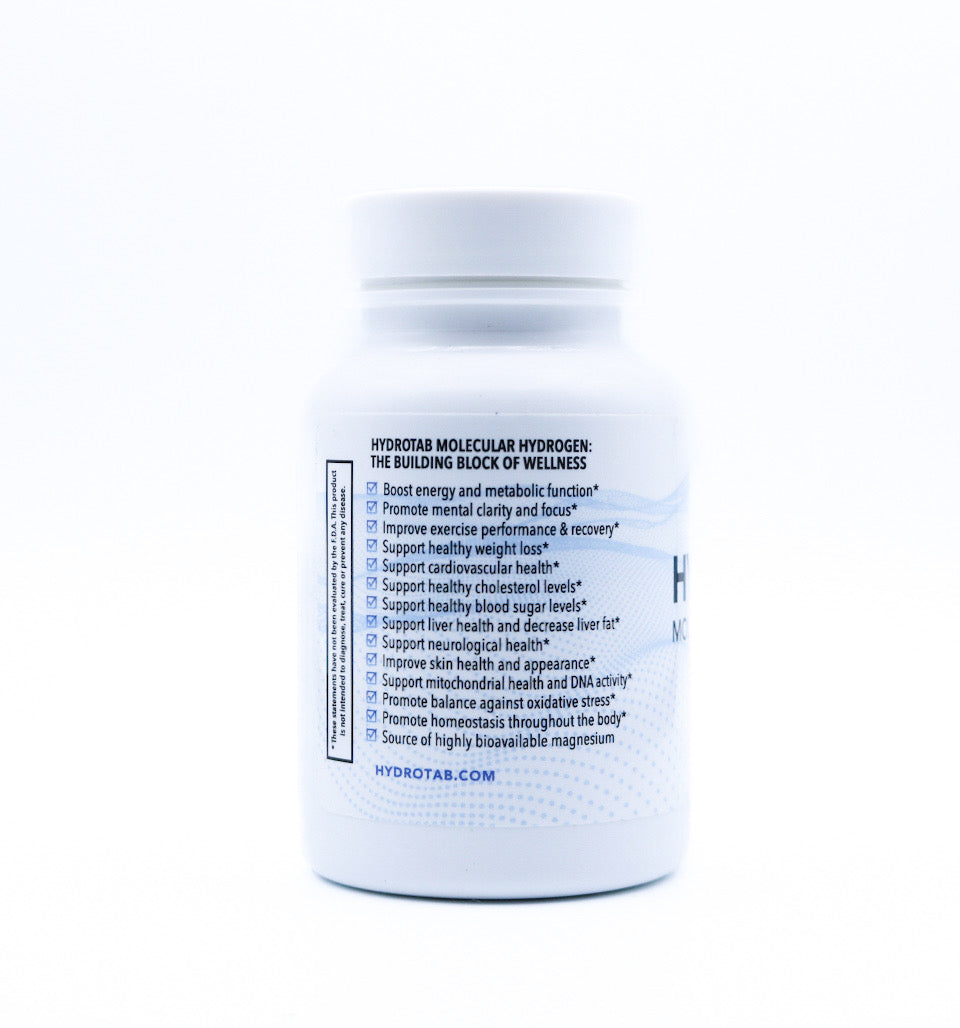Have you ever driven all the way home, deep in thought, then wondered how on earth you got home? Well, that was your subconscious mind, programmed to carry out the actions of driving through rigorous training and habit.
Why, then, don’t we treat other aspects of our lives in the same manner? For example, taking supplements or going for a run?
We’ve all done it. Started a new healthy routine, then fallen back into old habits. It’s easy to kick yourself for doing so. But the truth is, it’s not your fault!
The main reason that we default to previous habits is our subconscious mind. This part of our mind is functioning 95% of the time, and unlike the conscious mind, it functions without consent. Your subconscious mind is designed to conserve energy by making you carry out habits without any input.
What I’m suggesting is that you get into some daily habits or routines that include taking your supplements at certain times. Of course, you’d need to ensure that you took the right vitamins at the correct time. What is the right time to take your vitamins, I hear you ask...
Is it better to take vitamin D every day or once a week? Can I take all my vitamins at once? Is it good to take omega-3 every day? Can I take vitamin D and omega 3 together? These are some of the questions I’ll be answering in this article. Firstly, let’s address a common and interesting question…
Does Omega-3 Contain Vitamin D?
Let’s first address what omega-3 and vitamin D are. Omega-3 is normally derived from fish oil. However, there are plant-based sources such as algae, nut, and seed oils. But it’s important to note that algal omega 3 is the best source for vegetarians and vegans. The nut and seed oils don’t contain DHA, nor does the body convert the ALA to DHA.
Interestingly, algal oil can be used to extract vitamin D3, via algal fermentation. This process is fairly new to human food consumption, plus often manufacturers only refine the oil for omega-3s.
Similarly, fish oil contains some vitamin D. For example, 100g of sardine oil contains 8.3 µg. Meaning you’d only get a fraction of your daily vitamin D dose by consuming a significant portion – 100g of fish oil. I’m sure you don’t want to be sipping a sardine oil beverage to get your vitamin D! Am I right or right?
To get the right amount of both vitamin D and omega-3s, it’s a good idea to take a supplement of both. Unless you’re eating more than three portions of oily fish per week.
Learn more: How to Support the Body’s Immune Response with Omega-3
What are the Benefits of taking Omega 3 and Vitamin D Together?

Good question. Both omega-3 and vitamin D, when taken together, have heart-protective effects.
In a paper published in The New England Journal of Medicine scientists explored omega-3 and vitamin D supplementation and heart health. They recruited almost 26,000 people over the age of 50, with no history of heart disease. They were then divided into 4 groups; one was given 50 µg and 840 mg of Lovaza (an omega-3 rich drug) while Group 2 took vitamin D and a placebo; the third group took the omega-3s and a placebo, and the final group took two placebos.
Five years later, researchers found that the participants who were given omega-3s were 28% less likely to suffer a heart attack compared with those given a placebo.
However, if the benefits from the omega-3 supplement only happened when the participants ate less fish eg. less than 1.5 servings of fish per week. The study concluded that combining omega 3 and vitamin D (1) could reduce heart related conditions by 25%.
Related: Why You Should Combine Vitamin D with B12 and Magnesium
Best Time to Take Vitamins; Water Soluble vs Fat Soluble
Many people ask 'Is omega 3 fat soluable?' The answer is that both vitamin D and omega-3 are fat-soluble, and best taken with a meal that contains healthy fats.
Can you take omega-3 at night? Sure. But you must consume them with a meal, and it’s advisable to finish eating at 7 pm to allow your system to relax and absorb the nutrients.
Conversely, water-soluble vitamins are best taken on an empty stomach. Water-soluble vitamins include vitamin C and all of your B vitamins.
This takes me nicely onto my point at the beginning of this article…
To get the most out of supplements, and the bioavailability of the nutrients in food for that matter, it’s a good idea to create a schedule. To get into a habit of taking your supplements at a specific time each day. That might look like:
Vitamin D and omega-3 – taken at mealtime in the late afternoon.
Vitamin C, probiotics, and vitamin B – taken first thing in the morning
Possible Side Effects of Omega-3 and Vitamin D

It’s very unlikely that you’d experience side effects by taking a high-quality omega-3 and vitamin D supplement. Especially if you keep the supplement within the advisable daily guidelines - Omega 3 (2) Vitamin D (3)
Very rarely people can experience a skin rash, burping, indigestion, or taste impairment. If you’re concerned about the health effects of supplements, for example how they might react with medication, and other aspects of your health then it’s a good idea to speak to a trusted healthcare professional.
Related: Are Vitamin D Supplement Side Effects Grossly Overstated?
Take-Home Message
Omega 3 and vitamin D can be taken together.
Once you’ve decided the daily dose of vitamins that fits your current circumstances, make taking your supplements a habit. Creating a ritual that you follow every day at set times is one of the key ways to form a new habit.
Some vitamins are best taken at specific times of the day, ie. water-soluble vitamins in the morning and fat-based supplements with a meal. Plus some supplements are best taken together for optimal effect.
Ensuring that you take the correct vitamins on a daily basis can form an essential part of a healthy lifestyle routine.
Written by best-selling author and integrative nutrition health coach Rowanna Watson, who has a passion for natural health. Rowanna is an expert in all areas of holistic health, plant-based nutrition, detoxification and personal development. https://rowannawatson.com/
Water for Health Ltd began trading in 2007 with the goal of positively affecting the lives of many. We still retain that mission because we believe that proper hydration and nutrition can make a massive difference to people’s health and quality of life. Click here to find out more.
Updated 1st November 2024
Sources:
1. Harvard Health Publishing. (2019). Fish Oil and Vitamin D supplements might offer some health benefits. Harvard Medical School. https://www.health.harvard.edu/staying-healthy/fish-oil-and-vitamin-d-supplements-might-offer-some-health-benefits
2. British Heart Foundation. Omega 3 Foods and Your Heart. Heart Matters. https://www.bhf.org.uk/informationsupport/heart-matters-magazine/nutrition/omega-3s-and-your-heart
3. NHS. Vitamin D. NHS Vitamins and Minerals. https://www.nhs.uk/conditions/vitamins-and-minerals/vitamin-d/























